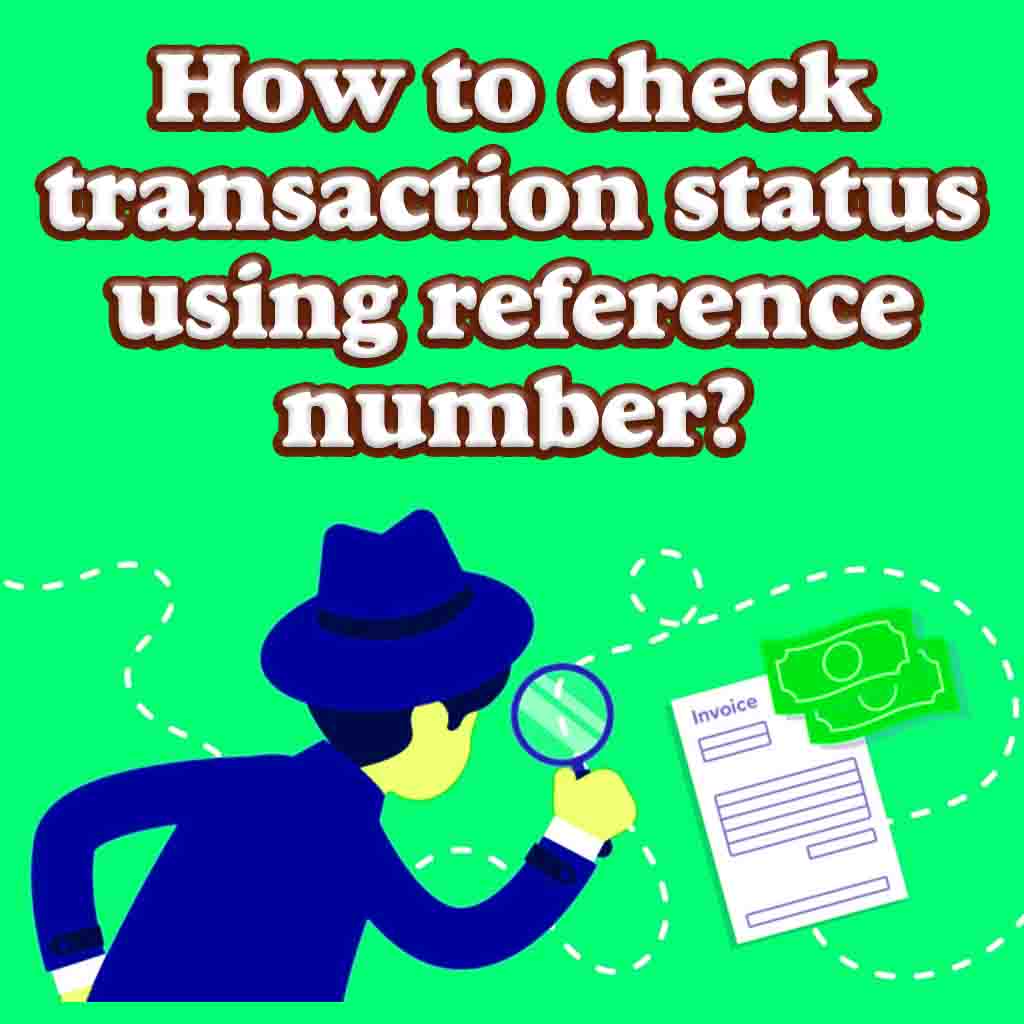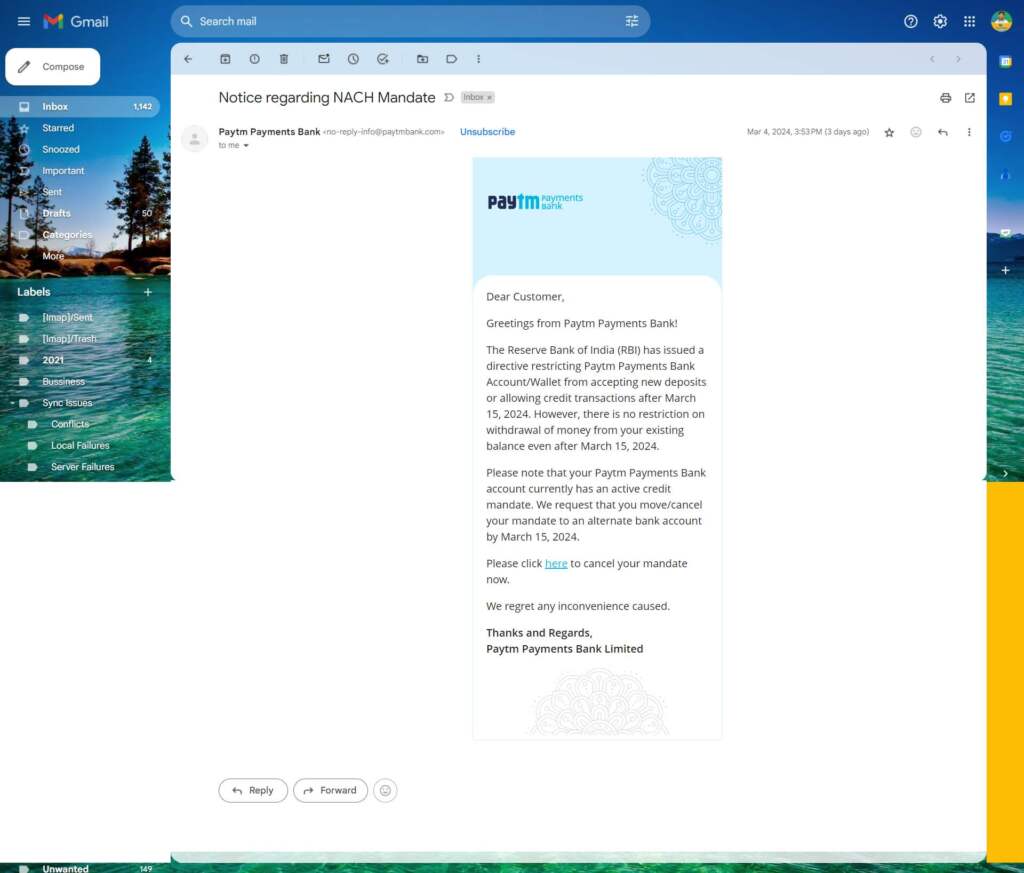The world of banking is not just about transactions and interest rates; it also involves a lesser-known aspect that concerns unclaimed deposits. Unclaimed deposits can occur for various reasons, such as dormant accounts, account holders relocating without updating information, or in unfortunate cases, when an account holder passes away without proper succession planning. In this article, we’ll delve into the intriguing world of unclaimed deposits in banking and understand what unfolds when an account becomes dormant or unclaimed.
The Lifecycle of Unclaimed Deposits
1. Dormant Accounts:
An account is deemed dormant when there is no customer-initiated activity, such as withdrawals or deposits, for a specified period. The time frame varies among banks and is usually determined by their internal policies.
2. Notification Process:
When an account becomes dormant, banks typically initiate a notification process. They send alerts through various communication channels, including emails, letters, and SMS, informing the account holder about the dormant status and urging them to reactivate or close the account.
3. Transfer to Unclaimed Deposits Pool:
If the account holder does not respond or take any action within the stipulated time, the funds in the dormant account are transferred to a centralized pool for unclaimed deposits. This ensures that the money remains secure until the rightful owner comes forward.
Related Articles
What Happens Next?
1. Escheatment Process:
After a certain period of dormancy, unclaimed deposits may go through a legal process known as escheatment. This involves transferring the funds to the government’s unclaimed property office, ensuring that the money is held for the account holder.
2. Financial Institution’s Responsibility:
Financial institutions (Banks) have a responsibility to follow escheatment regulations and work in compliance with applicable laws. They often maintain detailed records to facilitate the return of funds to rightful owners when they step forward.
3. Claiming Unclaimed Deposits:
Account holders or their legal heirs have the right to claim unclaimed deposits. The process typically involves submitting specific documentation to prove ownership or legal entitlement to the funds. This ensures a secure and transparent system for reclaiming assets.
The Importance of Keeping Information Updated
1. Preventing Dormancy:
The primary way to prevent accounts from becoming dormant is to keep them active through regular transactions. Even a small deposit or withdrawal can reset the dormancy clock.
2. Updating Contact Information:
It’s crucial for account holders to update their contact information with the bank. This includes providing a valid email address, phone number, and a physical address to ensure they receive notifications about the account status.
Conclusion
Unclaimed deposits in banking represent a unique facet of financial management, emphasizing the importance of account activity and maintaining updated information. While the journey of unclaimed deposits may seem complex, it ultimately centers around protecting the interests of account holders and providing a mechanism for funds to be returned when rightfully claimed. As account holders, staying informed and proactive in managing your accounts can prevent them from entering the realm of unclaimed deposits and ensure a smoother financial journey.



